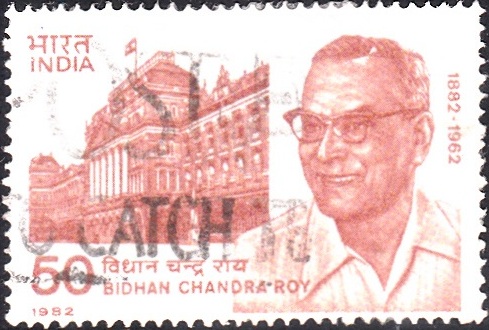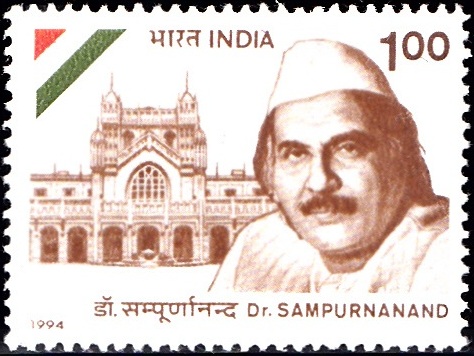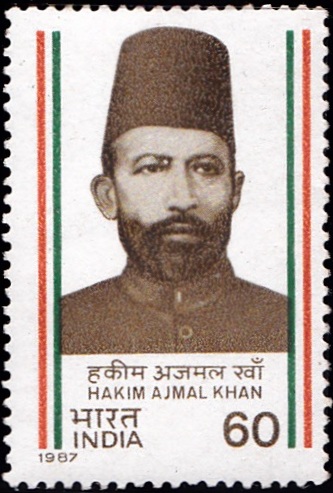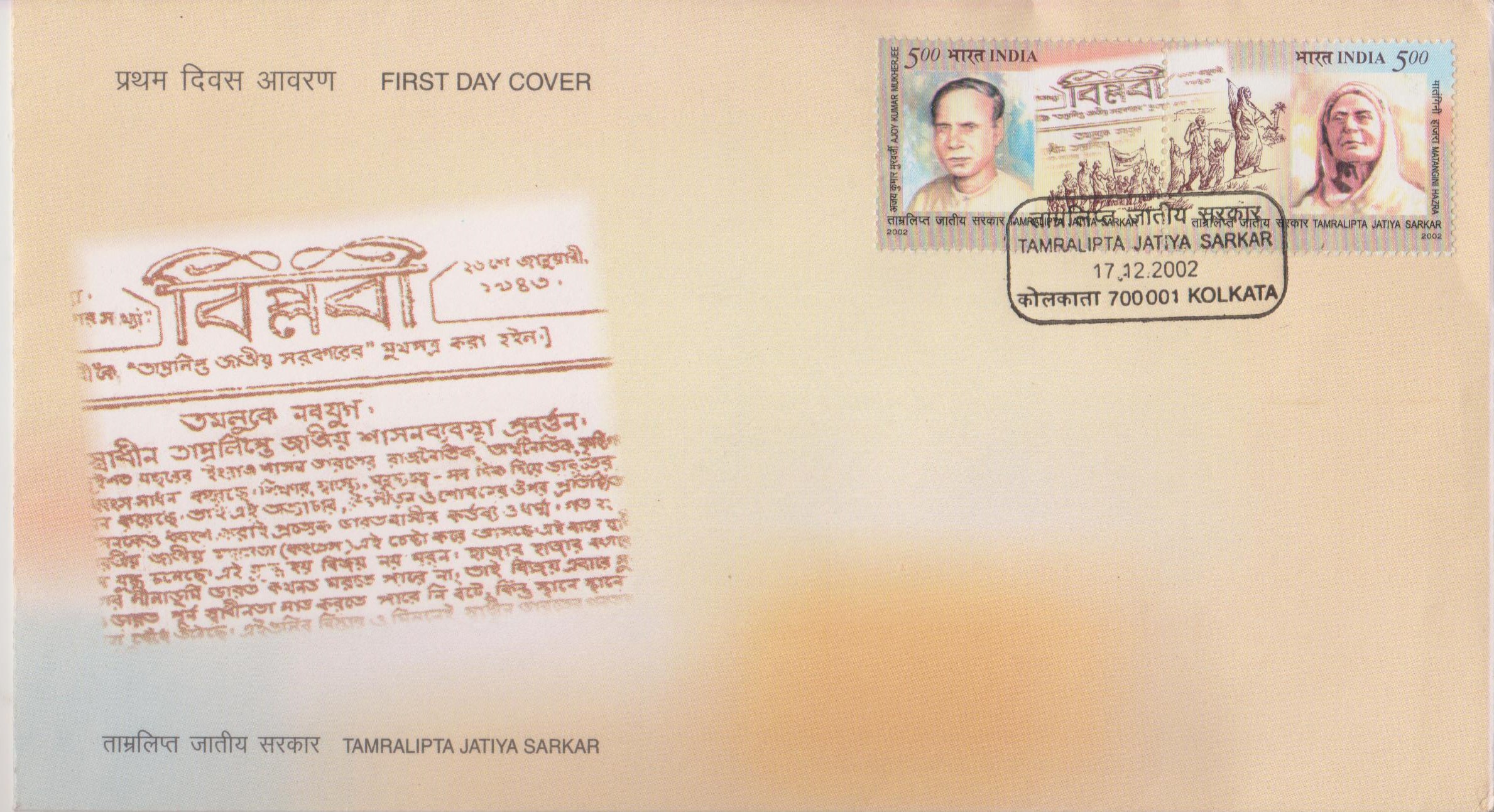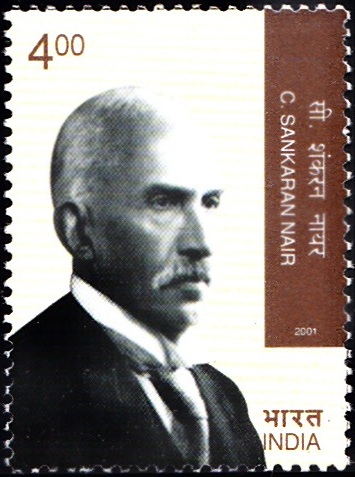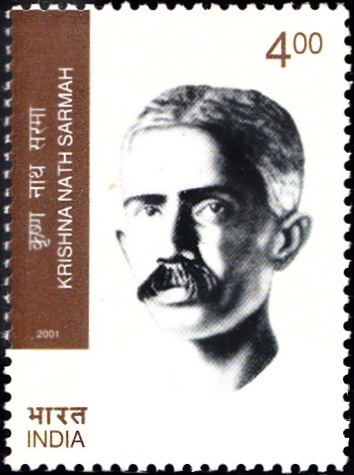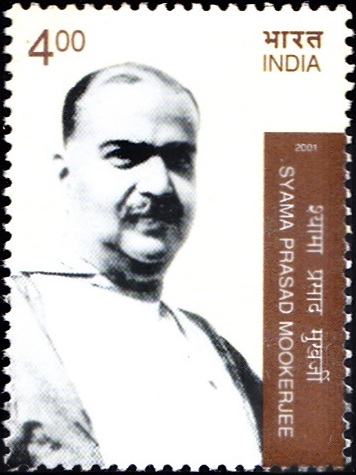
Syama Prasad Mookerjee 2001
A commemorative postage stamp on the Birth Centenary of Syama Prasad Mukherjee, Founder-President of the Bharatiya Jana Sangh (part of Personality Series : The Spirit of Nationalism) :

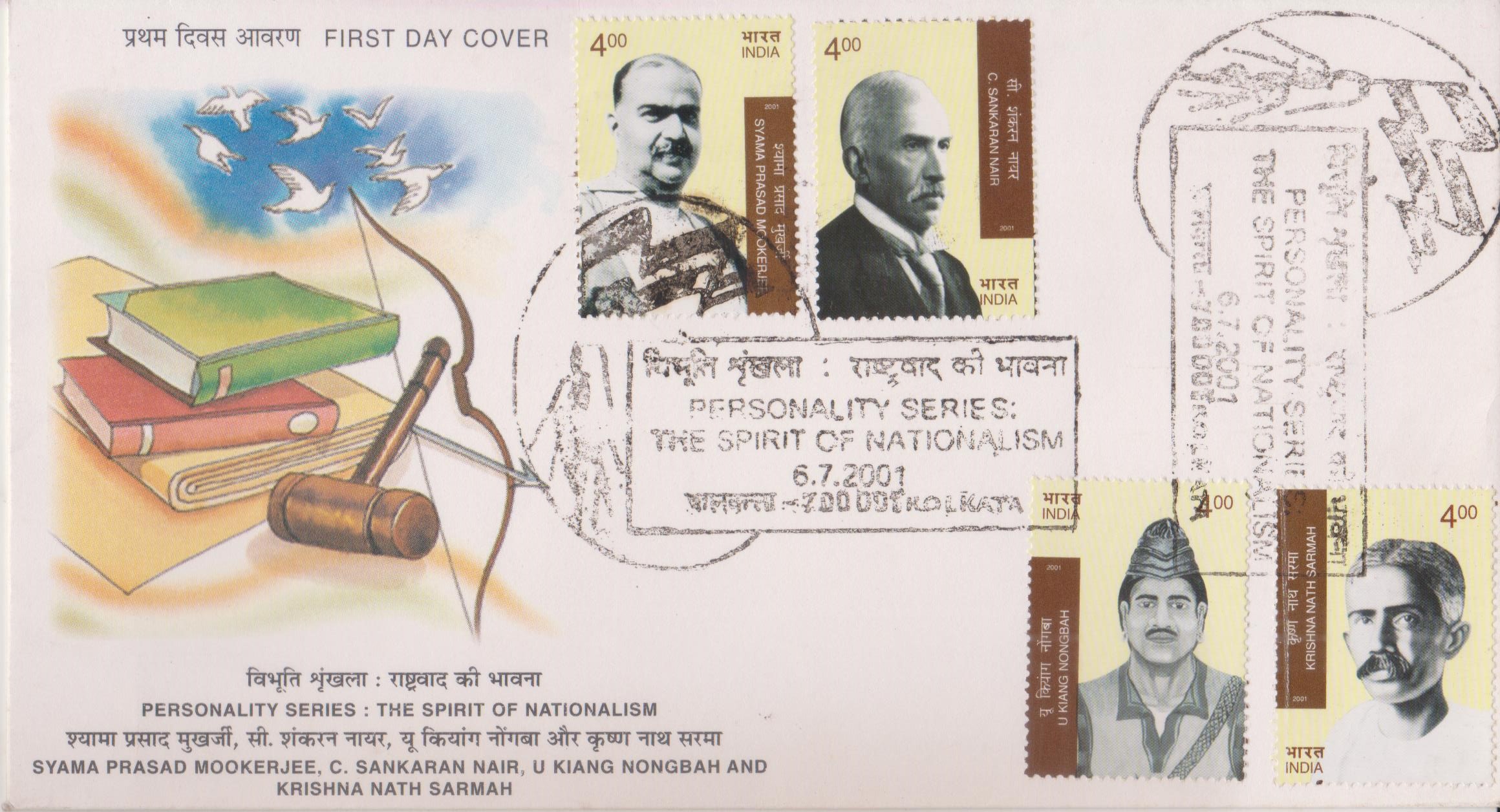 Issued by India
Issued by India
Issued on Jul 6, 2001
Issued for : Continuing with the series of stamps on great personalities who inspired the country and influenced the course of India’s National Movement, the Department of Posts is proudly releasing a set of four stamps honouring Syama Prasad Mookerjee, C. Sankaran Nair, Krishna Nath Sarmah and U Kiang Nongbah.
Design : The First Day Cover design incorporates symbols related to the life and achievements of the four personalities, as perceived by the artist.
Credits :
Stamp : Concept by Alka Sharma, based on material furnished by the sponsors.
FDC : Suresh Kumar
Cancellation : Alka Sharma
Type : Stamp, Mint condition
Colour : Five Colour
Denomination : 400 Paise
Overall size : 3.91 x 2.90 Cms.
Printing Size : 3.55 x 2.54 Cms.
Perforation : 13 x 13
Paper : Imported Unwatermarked Stamp Paper
Stamps Printed : 0.4 million each
Number per issue sheet : 40
Printing Process : Photo Offset
Printer : Eagle Press Private Limited
Name : Shyama Prasad Mukherjee
Born on Jul 6, 1901 at Calcutta, Bengal Presidency, British India [now Kolkata]
Died on Jun 23, 1953 at Jammu and Kashmir, India
About :
- Syama Prasad Mookerjee (1901-1953) inherited a rich tradition of nationalism and fearlessness from his illustrious father, Sir Asutosh Mookerjee. A brilliant academic, he became the youngest Vice-Chancellor of the Calcutta University in 1934. He took interest in politics very early and was one among the leading lights of the Hindu Mahasabha. Though he became the Finance Minister of Bengal in 1941, he resigned from the post in protest against the British policies, and continued to oppose the British colonial rule till India attained independence. When the partition of India became inevitable, he was largely instrumental in retaining parts of Bengal and Punjab in the country. In independent India, he was part of the first National Government of 1947, but resigned from it in 1950 in disagreement with the policy towards Pakistan. In 1951 he organised a new political party, the Bharatiya Jana Sangh. He argued strongly for the complete integration of Jammu and Kashmir with India and was arrested while on a campaign in Srinagar in 1953. He died while in custody. He was a nationalist to the core and “country comes first” was his watchword.
- Text : Based on material furnished by the sponsors.


